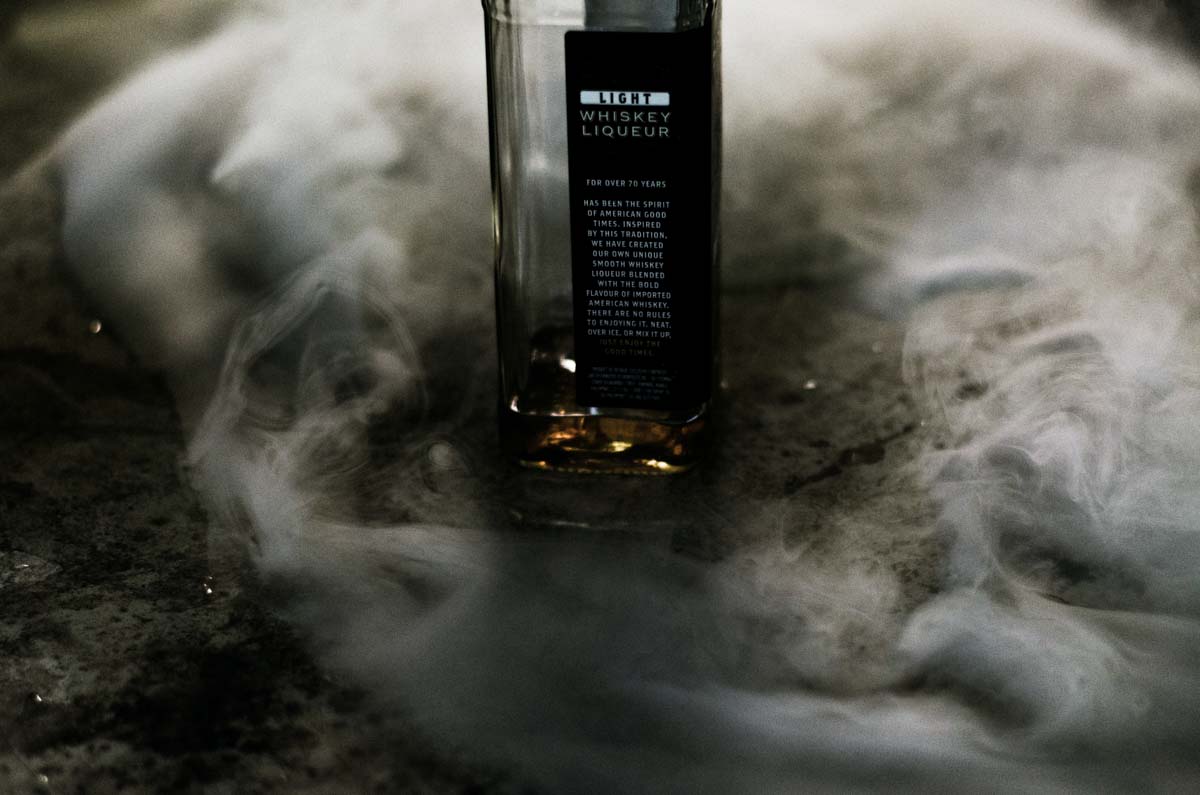Deciding to quit drinking is commendable. However, quitting cold turkey or suddenly, may bring on a range of problems. This article will give you an official alcohol detox timeline
Alcohol affects how the brain works and suppresses some of its functions. Over time, the body and the brain become dependent on alcohol to function properly. This dependence can quickly grow into addiction and alcoholism. Since the person becomes dependent on alcohol, quitting isn’t as simple as simply stopping to drink.
When you stop drinking suddenly, the brain’s neurotransmitters go into shock, which then results in some unpleasant (and even life-threatening) withdrawal symptoms. That is why it’s recommended to detox from alcohol only under medical supervision.
Detoxing involves the body getting rid of the harmful toxins from alcohol. This process can take anywhere from five days to a week or more. The duration you take to detox depends on:
- How much alcohol you’ve been drinking
- How long you’ve been drinking
- Your physical and mental health
Alcohol Detox Timeline

Here’s an estimate of how long it takes to detox from alcohol. Keep in mind that this varies from one person to another and so do the withdrawal symptoms. Normally, people enter withdrawal a few hours after their last drink.
- 6-12 hours after the last drink (Stage 1 of withdrawal) –the individual experiences mild withdrawal symptoms characterized by headache, nausea, poor appetite, stomach problems, mild tremors, insomnia, mild anxiety, and heart palpitations.
- 12-48 hours (Stage 2) – withdrawal symptoms escalate and the individual may start having auditory, visual, or tactile hallucinations. They may have increased heart rate and blood pressure, rapid breathing, mild hyperthermia, confusion, and seizures.
48-72 hours (Stage 3) – at this stage, the withdrawal symptoms become even more intense. The individual experiences fever, sweating, high blood pressure, confusion, and a rapid heart rate. Delirium tremens with auditory hallucinations occur in several people at this stage and could be fatal to some.
Safe Alcohol Detox
Due to the severity of some of the withdrawal symptoms individuals experience, we recommend that those who wish to quit alcohol do so under medical supervision. That way, there will be medical personnel at hand to help manage and mitigate the symptoms.
Here at Evolve Indy, we take our clients’ health seriously and recommend medically assisted detox for all clients battling alcohol addiction before admitting them to one of our addiction treatment programs. Medically assisted detox allows your body to safely get rid of toxins, allowing you to concentrate on the next stage of your treatment. This next stage involves admission to either residential treatment, a partial hospitalization program, or an intensive outpatient. Once you successfully complete either of those, you can safely transition to an outpatient program or our aftercare program.
Detoxing from alcohol may lead to a host of unpleasant withdrawal symptoms. If you are planning to stop drinking, don’t do it yourself. Seek the services of qualified medical personnel to improve your chances of success. You can also reach out to Evolve Indy and we’ll be glad to help.

